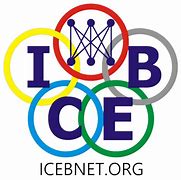Document Type
Article
Abstract
This paper describes a study of leadership in six multinational corporations (MNCs) in Thailand. Specifically, the study examined relationships between leadership (transformational and transactional) and organizational outcomes as reported by 296 subordinates of middle and lower level managers in U.S.-based MNCs in Bangkok. In the Information Age, access to a global IT infrastructure, particularly through telecommunications, is at the heart of business and national competitiveness. Individual managers everywhere face a growing scope of responsibility, with accountability for more goals and people than ever before. Consequently, it is more important now than ever for managers delegate authority and communicate effectively with their employees. The Multifactor Leadership Questionnaire (MLQ) was used to measure transformational and transactional leadership and three organizational outcomes (extra effort on the job, perception of leaders’ effectiveness, and subordinates’ job satisfaction). Results indicate that transformational and transactional leadership accounted for significant amounts of the variance in subordinates’ extra effort, perceptions of leader effectiveness and job satisfaction. Results are similar to those obtained in previous studies in North America.
Recommended Citation
Dastoor, Barbara R. and Srisilpsophon, Pichate, "Transformational Leadership and Performance Outcomes of Multinational Corporations in Thailand" (2001). ICEB 2001 Proceedings (Hong Kong, SAR China). 111.
https://aisel.aisnet.org/iceb2001/111


